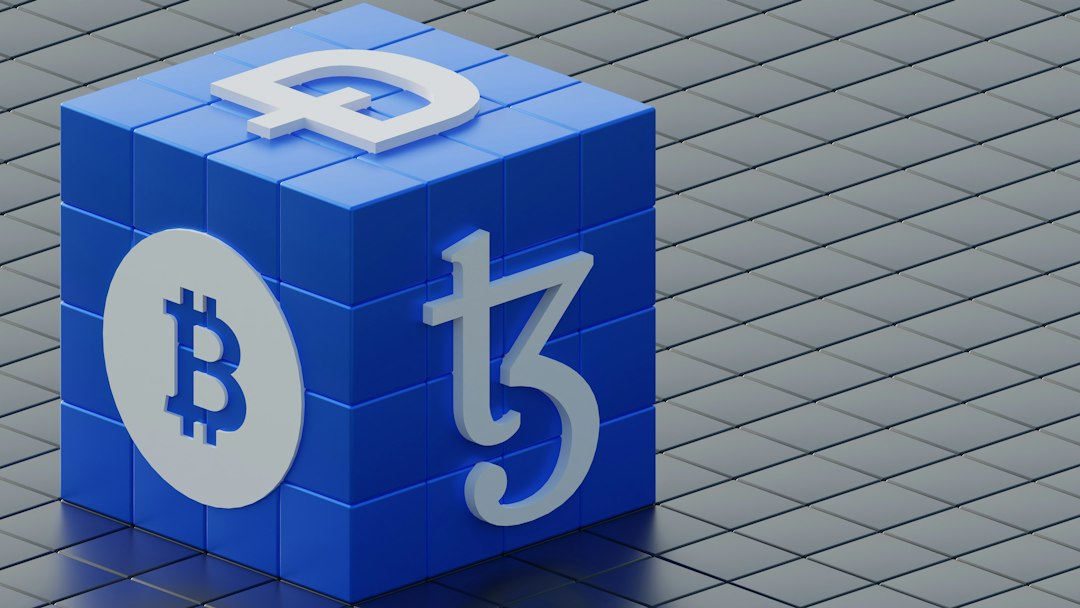Exploring Smart Contract Vulnerabilities in NFTs
Are you aware of the potential security pitfalls lurking within non-fungible tokens (NFTs)? This article aims to shed light on common smart contract vulnerabilities that can lead to significant losses within the blockchain ecosystem. Let’s explore some effective methods to detect and mitigate these potential security threats in the NFT landscape.
Identifying and Understanding Smart Contract Vulnerabilities
Smart contracts are the backbone of NFTs, managing the creation, ownership, identification, and exchange of unique digital assets without the need for a central authority. However, these contracts have weaknesses that can be exploited. NFT security issues often result from code exploits rather than the NFTs themselves.
Common smart contract vulnerabilities include reentrancy attacks, denial of service (DOS) attacks, arithmetic overflows and underflows, default visibilities, entropy illusion, tx.origin authentication, and race conditions.
Case Studies: Real-World Exploitations
Several instances highlight the exploitation of NFT vulnerabilities:
– NFT Trader experienced an exploit resulting in the theft of valuable NFTs.
– A major smart contract security flaw was discovered in a commonly used open-source library.
– AllianceBlock’s native token fell victim to an Oracle hack leading to significant price manipulation.
– Omni suffered a breach due to a reentrancy vulnerability in its Ethereum contracts.
– LooksRare platform faced a Distributed Denial of Service attack shortly after launch.
Mitigating Vulnerabilities
To enhance digital asset security:
– Be aware of permissions sought by your wallet and avoid granting excessive access.
– Test unfamiliar platforms with small amounts before transferring larger amounts.
– Sync your browser-based wallet with your hardware wallet for added protection.
Smart Contract Auditing and Bug Bounties
Regular auditing of NFT smart contracts and bug bounty programs can help identify and address vulnerabilities. Audit firms specialize in reviewing code, analyzing vulnerabilities, and providing detailed reports.
Proper Project Management
Proper project management is crucial to avoiding NFT security issues. Rushing the software process or being careless can result in significant losses.
The Future of Smart Contracts
Advancements in smart contract security, robust communication systems between platforms, and the involvement of audit firms and white-hat hackers contribute to enhanced security. However, no contract can claim to be 100% secure, so users must carefully weigh the risks involved.
Hot Take: Prioritizing NFT Security for a Safer Future
NFTs have gained immense popularity, but they come with inherent security risks. Understanding and addressing smart contract vulnerabilities is crucial to protecting digital assets. By conducting regular audits, implementing bug bounty programs, practicing proper project management, and staying updated on advancements in smart contract security, you can navigate the NFT landscape with greater confidence. While no system is foolproof, taking proactive measures will help mitigate potential threats and ensure a safer future for NFTs.





 By
By
 By
By
 By
By

 By
By